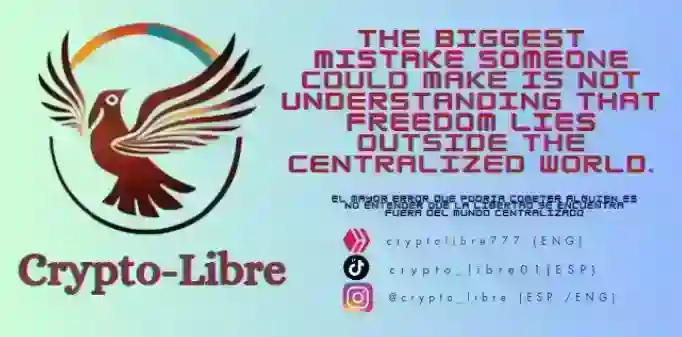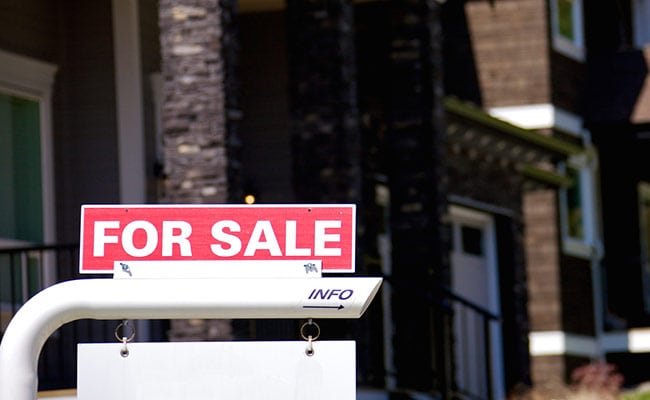The American dream, that utopian promise of material success, freedom and social mobility that has attracted millions of immigrants for generations, seems to be turning into an increasingly unattainable chimera for many. Behind the facade of limitless opportunities, the current economic reality is rapidly eroding the hopes and assets of many American families.
A rampant mortgage crisis, characterized by artificially inflated interest rates, inflated housing prices disconnected from households' real incomes, and an avalanche of foreclosures and seizures, is putting the long-awaited dream of homeownership at serious risk. This situation is not exclusive to the United States. Canada and other economies face similar challenges. But the magnitude of US mortgage indebtedness and its almost mythical importance in its collective ideology make this crisis especially harmful.
According to a recent report by the credit analysis firm TR Union, the typical US household is desperately struggling to pay mortgages with interest rates close to 8%. At the same time, average housing prices, artificially inflated for years of ultra-low rates, are starting to plummet.
This situation has led to a growing number of properties going "underwater," where mortgage debt far exceeds the market value of the property. Buyers are massively shut out of the market given the impossibility of accessing loans. And sellers are forced to drastically cut prices to avoid widespread defaults.
Even prosperous cities like San Francisco, Seattle and Austin, historically isolated from real estate market fluctuations, are experiencing double-digit declines in housing values amid an almost paralyzed mortgage demand.
How did this crisis come about that seems like a cruel déjà vu of the 2009 mortgage debacle? As on that occasion, the culprits are the same: an extremely lax monetary policy with artificially low interest rates for years, a financial system eager to inflate a credit bubble, and millions of families recklessly borrowing far beyond their real ability to pay.
During the pandemic years, with mortgage rates invariably below 3% thanks to the Fed's ultra-lax policies, there was an unprecedented frenetic credit binge in the US. Mortgage loans were handed out like candy regardless of the actual solvency of the borrowers. Shady financial seriousness YouTube channels flourished teaching how to buy “the first, second and third home” in a matter of months.
The result was a massive speculative and debt-fueled party that would inevitably end in a monumental economic hangover. And that's what we're witnessing today. With rates already at 7.74%, the vast majority of those debtors who happily accessed cheap credit now face completely unsustainable monthly mortgage payments.
Will there be anyone willing to rescue the millions of mortgage debtors who today desperately fight against a financial system designed to slowly strangle them? Or are we tragically doomed to relive the distressing spectacle of millions of American families evicted, bankrupt and without a future that already characterized the 2009 subprime crisis?
It is time to urgently and profoundly reform the current credit model, so deeply unfair in privatizing profits among a few and socializing the gigantic losses among the majority. Otherwise, the historic American dream that drove the progress of the United States for generations risks fading into irrelevance. And the current mortgage nightmare, far from being a temporary bump in the road, will become the most traumatic economic reality for millions of households.

